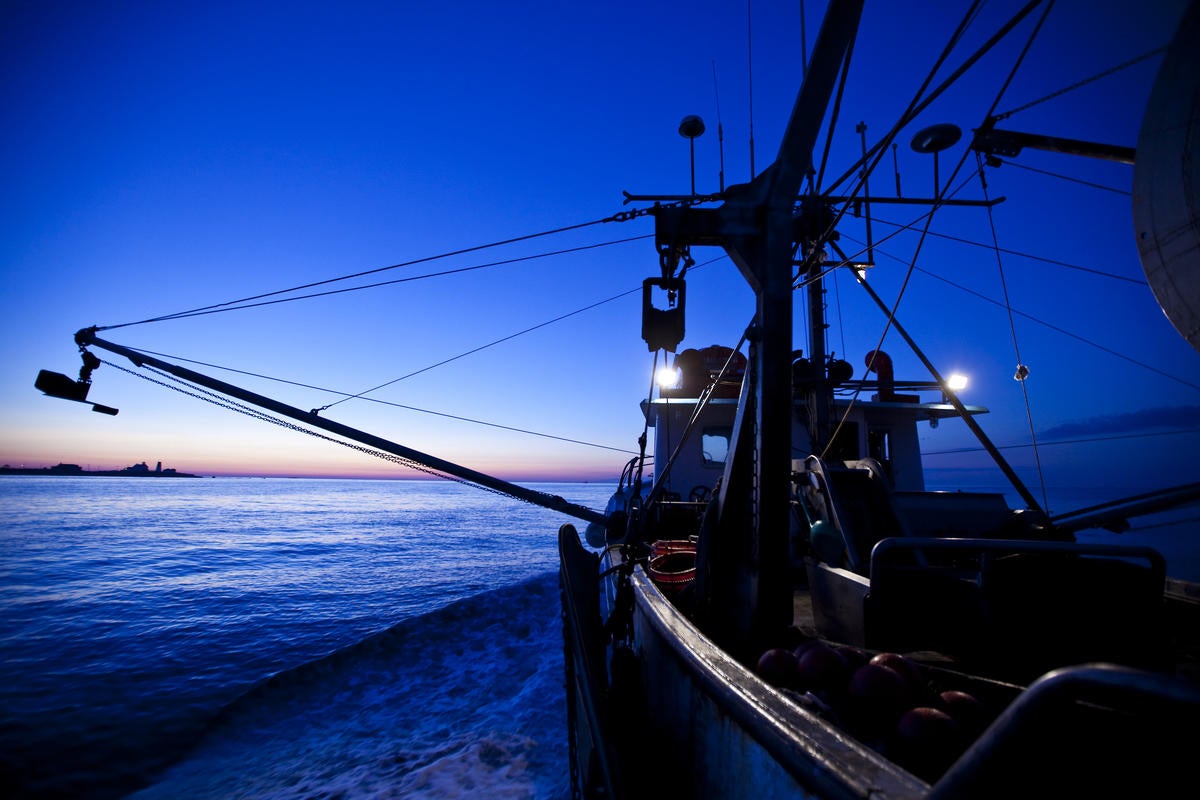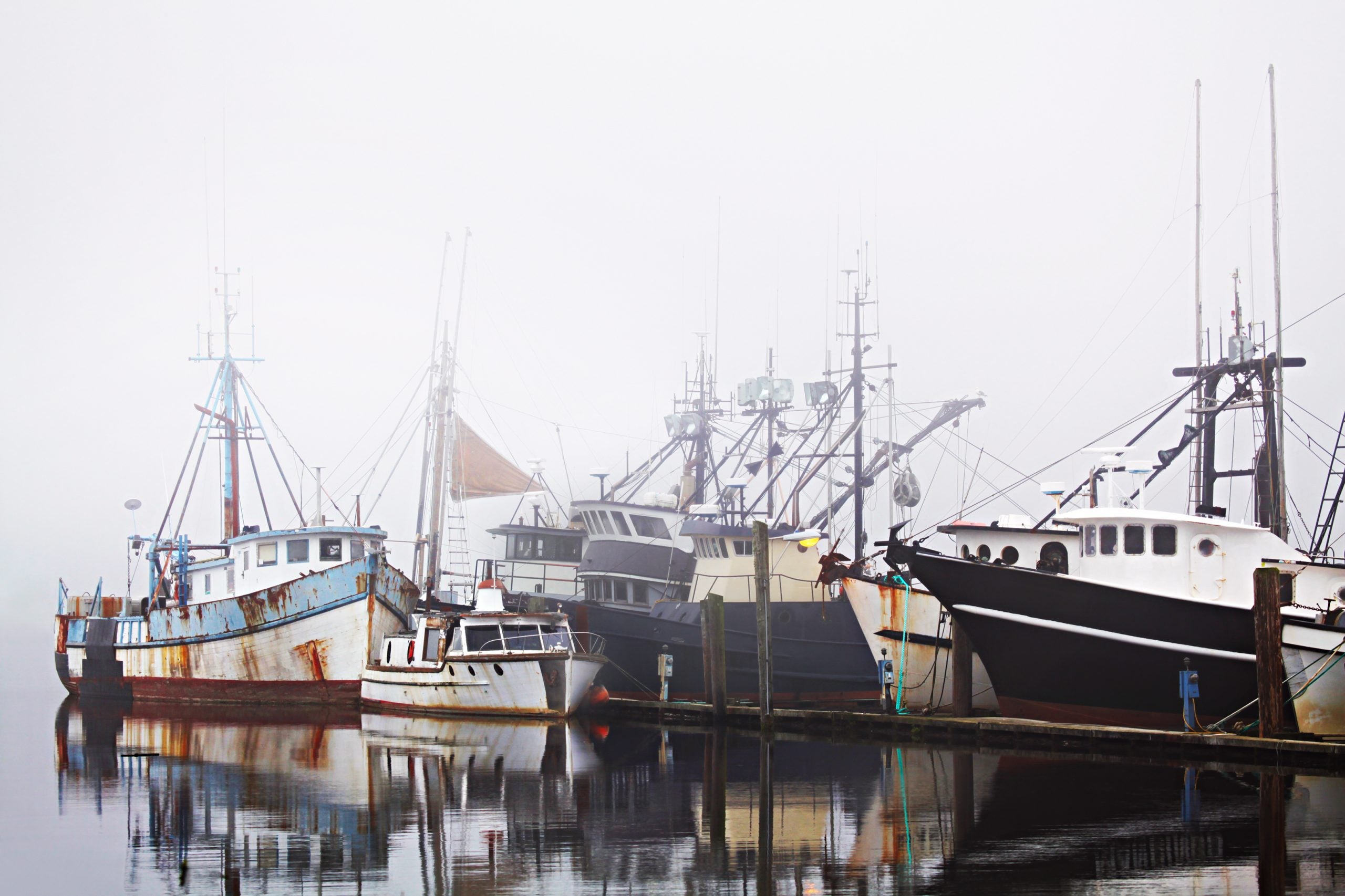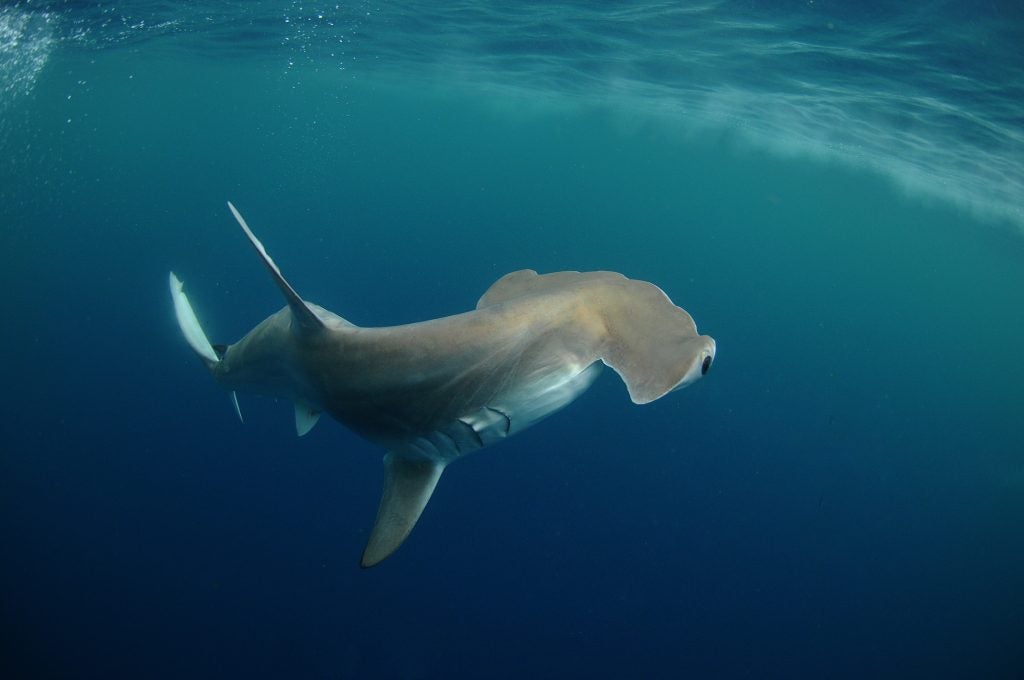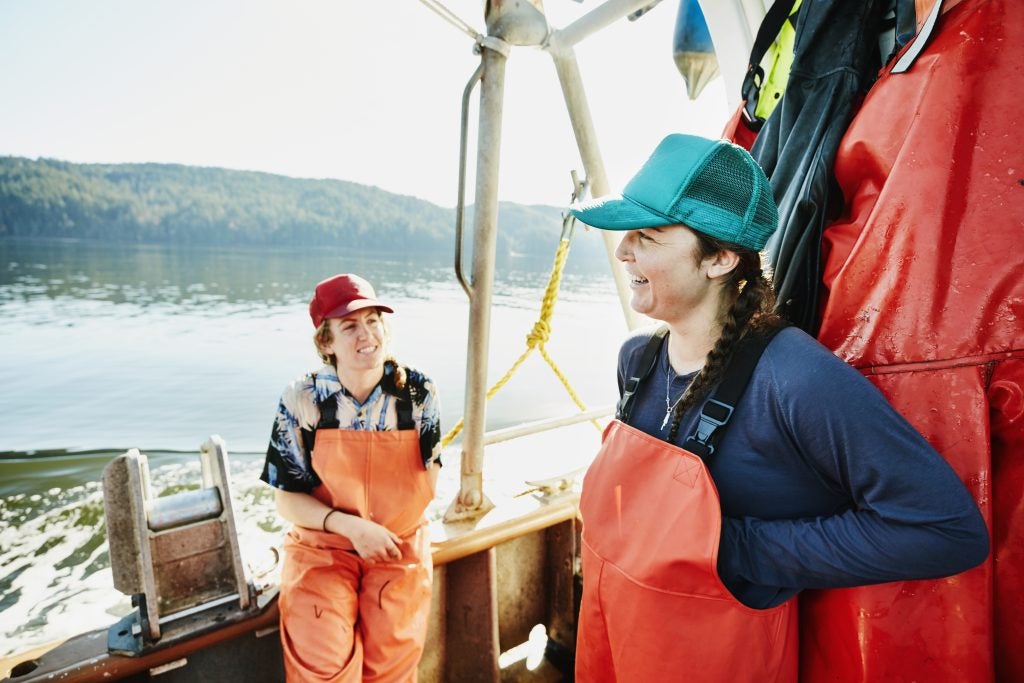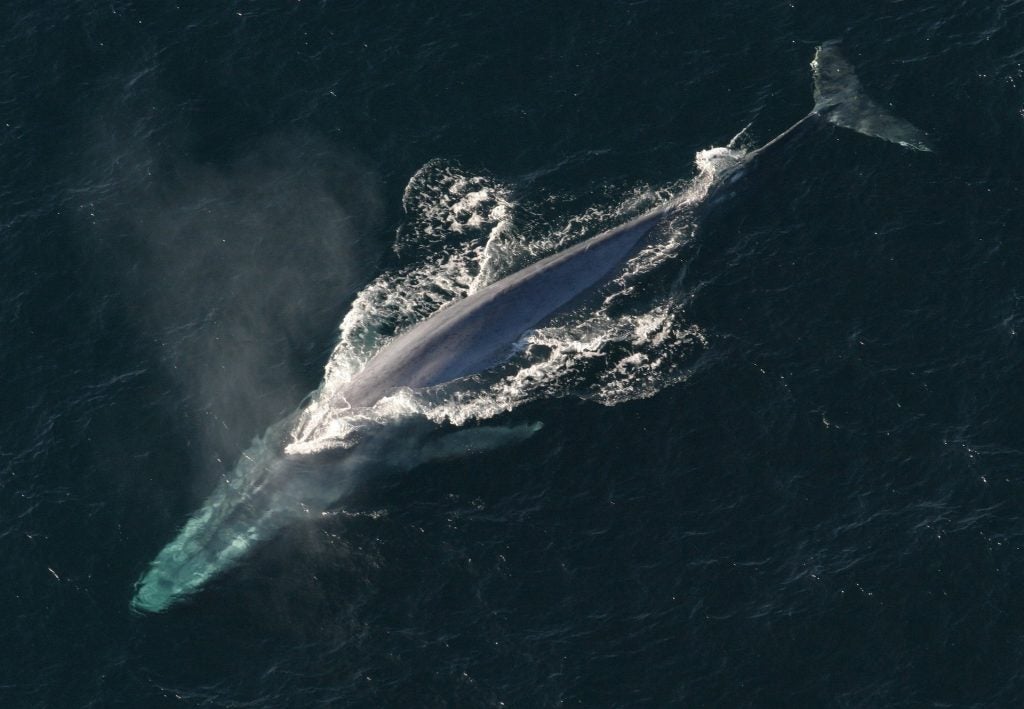The impacts of climate change are already apparent in U. S. offshore waters, creating challenges for fisheries, fishing communities and fisheries management. Examples of climate impacts are prevalent across all regions of the coastal U.S. As ocean temperatures warm, species distributions are shifting. For instance, market squid moving up the West Coast from Baja California to Oregon spurred a harvest boom in the Pacific Northwest. Species, including blue crabs and black sea bass, are shifting northward on the Atlantic coast. Read More
EDFish
Prioritizing Climate Resilience in United States Fisheries
Something ‘fishy’ is happening in Congress
If you follow the goings-on of the U.S. Congress, you know that the final months of the year have become a sprint to the finish line marked by bursts of legislative energy and must-pass bills. This year is even more energetic than most. Read More
How will climate change affect the bigger fishes in the sea?
By Katie Westfall and Kristin Kleisner
Tunas, sharks, billfishes and swordfish are wide-ranging species that can respond rapidly to environmental changes. Many within this group are top predators and can move across ocean basins and between shallow and deep waters in response to oceanic conditions. For these reasons, some of these species may serve as “climate sentinels,” or animals that can offer important insights into how a changing climate is affecting ocean processes and marine life. Read More
Finding the ways that work: tech for climate-resilient fisheries
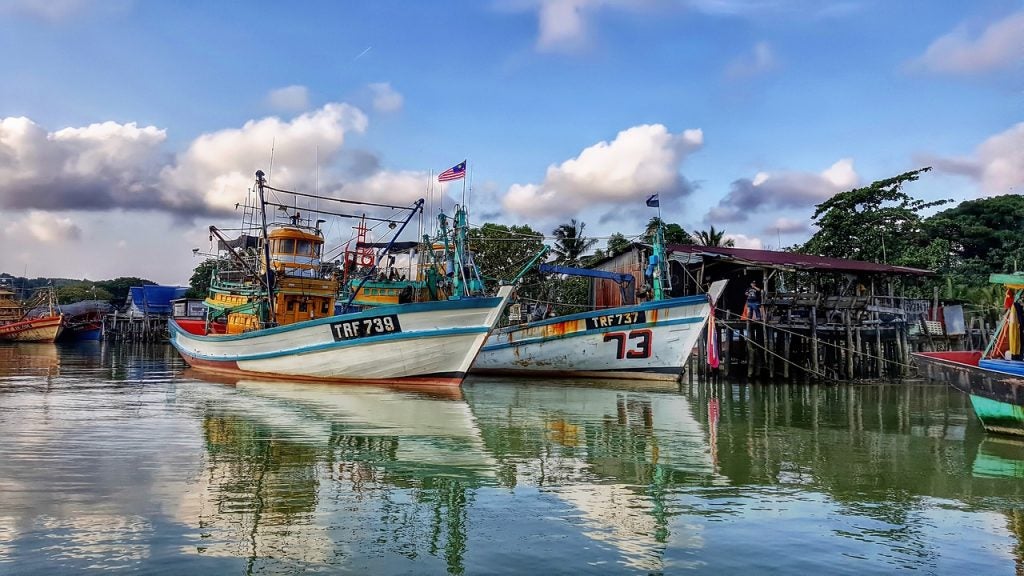
By Chris Cusack and Melissa Mahoney
It doesn’t take too much scrolling these days to see that our oceans — and our entire natural world — are in peril. Overfishing, habitat destruction, plastic pollution and warming temperatures are BIG challenges. And yet, they all have something in common: they can all be improved by sustainable, responsible use of emerging technologies. Read More
Charting a New Course Toward Sustainable Offshore Aquaculture
Americans import over 85% of all the seafood we consume — and half of that is from foreign aquaculture. That means when it comes to the majority of farmed fish we eat, we’re exporting our environmental footprint while missing out on the opportunity to create greater resilience and jobs for our coastal communities here in the U.S. Also lost is the opportunity to lead the way in developing best practices for sustainable production of healthy seafood that meets the most stringent environmental and health standards. This is most true in building a sustainable marine aquaculture industry.
Whales, ships and climate change
In all the years I’ve been studying the ocean, whales have provided some of my fondest memories. I remember those humpbacks singing to each other off Maui; the baby gray whale I saw rolling around in the surf near Bodega Bay; and the blue whales that left me awestruck during trips to the Channel Islands.
Lately, I’ve been studying natural ocean processes that remove carbon dioxide from the atmosphere, searching for ways to restore or accelerate them so that we can safely slow down the rate of global warming. Whales might be part of the solution.










